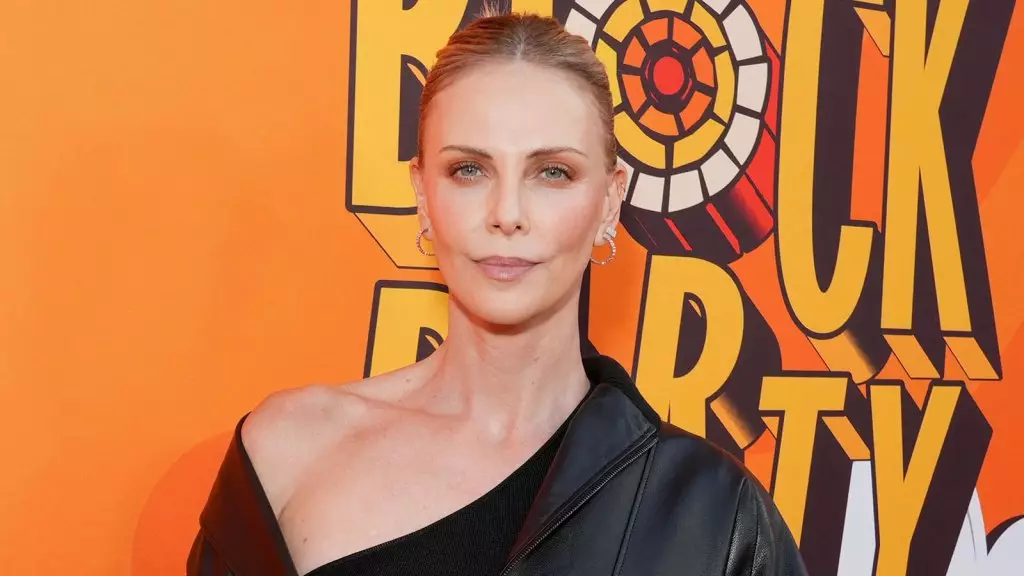Charlize Theron, an acclaimed actress renowned for her compelling performances and fierce independence, recently shed light on a haunting chapter of her early career. Her recounting reveals a disturbing encounter with a director whose inappropriate behavior could have tarnished her burgeoning career. Yet, what stands out most is her choice to remain silent about the offender’s identity, a decision rooted in a complex mix of self-protection and a desire to prevent her experience from becoming his spectacle. Theron’s retelling is not just a personal anecdote; it’s a mirror reflecting a broader problem within Hollywood—where power dynamics often leave aspiring actors vulnerable to exploitation.
Her experience captured her intuition—a voice warning her that something was deeply wrong. Despite the intimidation of a mysterious audition at the director’s home, she recognized her boundaries and responded with instinctual resilience. Her instincts told her to leave, a powerful act of self-preservation. In an industry where silence can often be rewarded, her courage to trust her gut speaks volumes about her strength.
The Cynical Silence and Its Implications
One of the most compelling aspects of Theron’s narrative is her refusal to name her abuser. She explicitly states that her silence isn’t driven by protection but by a conscious choice to prevent his misconduct from defining her story. This nuanced stance emphasizes her belief that the narrative should focus on her talent, not his criminal actions. Nevertheless, her mention of the director’s reaction—her being bombarded with a fake apology—serves as a stark reminder of how abusers often attempt to dodge accountability with gaslighting tactics or feigned remorse.
By refusing to disclose the name, Theron challenges the audience to consider the power of silence and how it shapes the discourse around misconduct. She recognizes that revealing his identity might inadvertently give him notoriety—an outcome she refuses to endorse. Her stance is an act of defiance, asserting her agency amidst the often unbearable silence that victims are forced to endure.
Empowerment Through Resilience
Theron’s story ultimately underscores that strength isn’t just about speaking out—it’s also about choosing when and how to do so. Her decision to keep silent about the director’s identity is her right; it is a form of resistance against a culture that often rewards victims for speaking up but also punishes them for their silence. Her acknowledgment of feeling disempowered at the moment—the realization that she would not get the role—resonates universally: even the most confident individuals face moments of vulnerability.
Her narrative also challenges Hollywood’s problematic tendency to dismiss or overlook abuse, emphasizing that genuine resilience involves trusting oneself and setting firm boundaries. Theron’s openness provides a blueprint for others who may feel trapped or powerless, demonstrating that refusing to let predators define one’s story is a form of silent rebellion with powerful implications.
In an industry riddled with systemic issues, Theron’s stance is not just personal; it’s a declaration that survivors can reclaim agency without feeling pressured to expose every detail. Her story encourages a nuanced understanding of trauma, resilience, and the importance of safeguarding one’s mental and emotional well-being in the pursuit of justice and healing.
